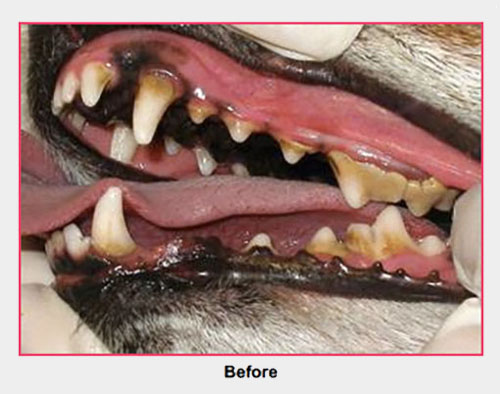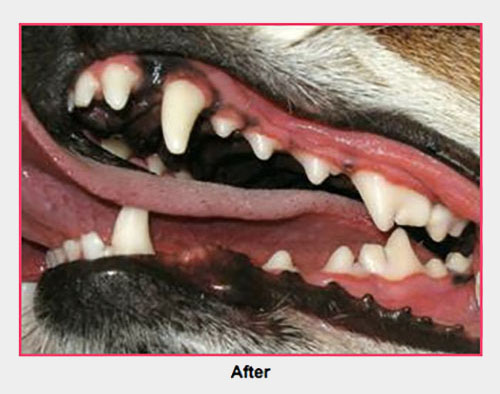-

-

-
-
-
WRSCommunityLearnServicesAccount

Free Standard Shipping on orders over $150. Excluding Vaccines, Hazardous, Heavy and Store-Pickup Items.



Free Standard Shipping on orders over $150. Excluding Vaccines, Hazardous, Heavy and Store-Pickup Items.
Spring is a time of renewal and growth, but can also bring unique health challenges for our furry friends. As temperatures rise and the landscape changes, it’s essential to take proactive steps to protect your pet’s well-being. Here’s a guide to spring pet health, including recommended treatments and how the seasonal shift can affect your pet’s health.
Just like humans, pets can suffer from allergies. Springtime is a prime season for allergies due to pollen, dust, and other airborne allergens. Symptoms can include itchy skin, excessive scratching, sneezing, watery eyes, and ear infections. If you suspect your pet has allergies, consult your veterinarian. They can recommend allergy testing, medications, or specialized diets to help manage symptoms.
Spring is when mosquitoes become active, and these pesky insects can transmit heartworms to dogs and cats. Heartworms are parasitic worms that can cause severe health problems, including heart failure. It’s crucial to protect your pet from heartworms with preventative medication. Your veterinarian can recommend the best heartworm prevention product for your pet’s needs.
Ticks and fleas can be a nuisance for both pets and their owners. These parasites can transmit diseases like Lyme disease, anaplasmosis, and ehrlichiosis. To protect your pet from ticks and fleas, consider using topical or oral preventatives. At Western Ranch Supply, we offer a variety of flea and tick preventatives to choose from. Speak with one of our animal health experts or on-site Veterinarian if you need assistance choosing which option is best for your pet’s needs. Regular grooming and checking for ticks can help prevent infestations.
Spring is a great time to schedule a professional dental cleaning for your pet. Dental disease is a common problem in pets and can lead to serious health issues. Regular brushing, dental chews, and professional cleanings can help keep your pet’s teeth and gums healthy.
Dental chews may have special ridges or lumps designed to prevent tartar buildup and cause pets to use a unique chewing action. Dental chews also typically contain additives, like enzymes, meant to help break down bacteria in the mouth.
It is important to note, these products should only be used as a supplement to regular pet dental care like tooth brushing and annual full dental cleanings at your vet’s office. Brushing three times a week is the minimum recommendation to help remove plaque and prevent tartar accumulation for your dog.
Learn more about pet dental care here.


As the weather warms up, you’ll likely be spending more time outdoors with your pet. Be mindful of potential hazards, such as:
Spring is a good time to review your pet’s vaccination schedule. Ensure they are up-to-date on essential vaccinations like Bordetella, rabies, distemper, and parvovirus. Your veterinarian can advise on the specific vaccinations your pet needs based on their age, lifestyle, and geographic location.
Regular grooming is essential for maintaining your pet’s health and coat. Spring is a great time to shed excess winter coat and keep your pet looking and feeling their best. Brush your pet regularly to remove loose hair and prevent mats. If your pet has long hair, consider professional grooming services.
As the days get longer and warmer, it’s important to provide your pet with adequate exercise and mental stimulation. Regular walks, playtime, and training sessions can help keep your pet physically and mentally healthy.
There are many pet-friendly spring activities you can enjoy with your furry friend. Consider attending local dog shows, pet-friendly parks, or organized dog walks. You can also explore new hiking trails or go camping together.
Our pets love to join us in our travels or a quick car ride. It is important to be mindful of weather conditions when bringing your furry co-pilot. Your vehicle heats up fast, 80% of the temperature rise occurs within the first half hour! Even with windows cracked the temperature in your vehicle can rise to over 100° F within 30 minutes with an outside temperature in the 70s.
By taking these proactive steps and being mindful of the potential health challenges that spring can bring, you can help ensure your pet enjoys a happy and healthy season. Remember to consult your veterinarian or an animal health expert at your local Western Ranch Supply regularly for personalized advice and recommendations.
Even with the windows down or parked in the shade, your vehicle can reach 89° within 10 minutes and 104° within 30 minutes.
Even with the windows down or parked in the shade, your vehicle can reach 94° within 10 minutes and 109° within 30 minutes.
Even with the windows down or parked in the shade, your vehicle can reach 104° within 10 minutes and 119° within 30 minutes.
Even with the windows down or parked in the shade, your vehicle can reach 114° within 10 minutes and 129° within 30 minutes.
Thrive Pet Healthcare: https://www.thrivepetcare.com/thrive-guide/do-pet-dental-chews-work
Want to stay in the loop on all things Western Ranch Supply? Follow us on social media for exclusive offers, new product announcements, exciting events, and behind-the-scenes peeks! We’re always up to something, so connect with us today and join the community.